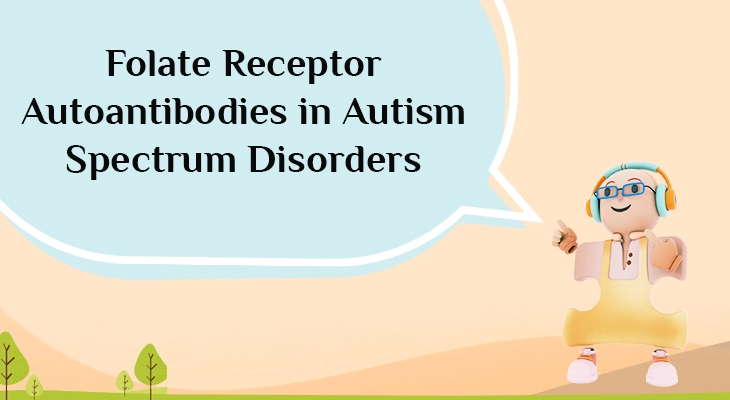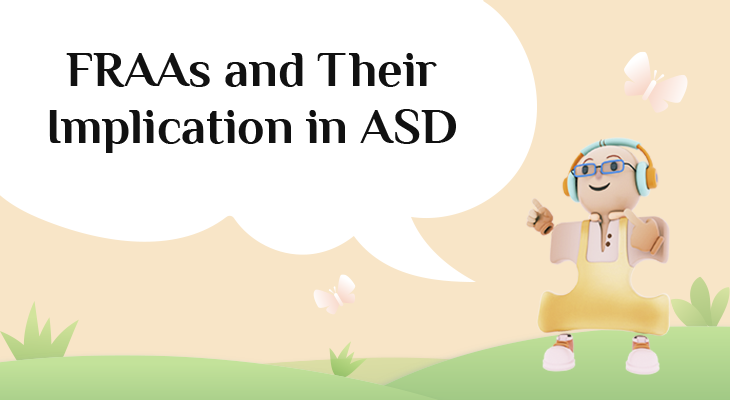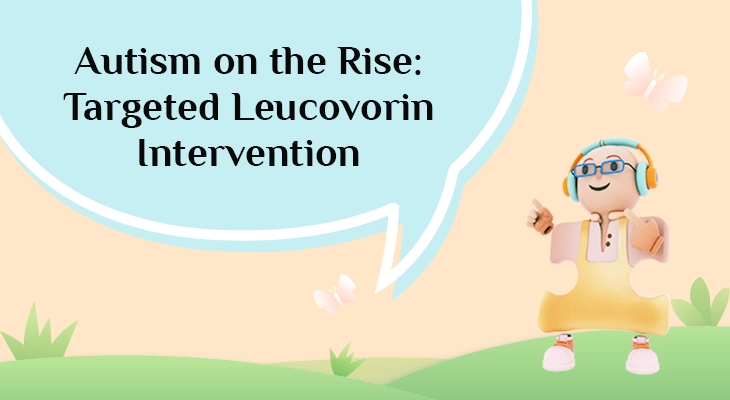
What are autoantibodies?
Autoantibodies are antibodies produced by the immune system that mistakenly target and react with a person’s own tissues or organs. Normally, the immune system creates antibodies to fight off infections by identifying and attacking foreign substances like bacteria and viruses. However, in certain conditions, the immune system loses its ability to distinguish between the body’s own cells and harmful invaders, leading to the production of autoantibodies.
These autoantibodies can cause damage by attacking healthy cells, tissues, and organs, leading to autoimmune diseases.
What are Folate Receptor Autoantibodies?
Folate receptor autoantibodies are specific types of autoantibodies that target folate receptors in the body. Folate receptors are proteins located on the surface of cells that bind to folate (vitamin B9) and facilitate its transport into the cell. Folate is essential for various cellular functions, including DNA synthesis and repair, cell division, and overall growth and development.
When the immune system mistakenly produces autoantibodies against folate receptors, it can interfere with the normal binding and uptake of folate by cells. This can lead to a reduced availability of folate, which is crucial for many biological processes, particularly in rapidly dividing cells like those in the brain and during pregnancy.
Potential Implications of Folate Receptor Autoantibodies:
- Neurodevelopmental Disorders: There is evidence to suggest that folate receptor autoantibodies may be associated with certain neurodevelopmental disorders, such as autism spectrum disorder (ASD). The theory is that these autoantibodies might interfere with folate transport to the brain, potentially affecting neurological development.
- Cerebral Folate Deficiency Syndrome (CFDS): This is a condition characterized by low levels of folate in the cerebrospinal fluid despite normal levels in the blood. Folate receptor autoantibodies have been implicated in some cases of CFD, leading to neurological symptoms such as developmental delays, autism spectrum disorders, movement disorders, and seizures.
- Folate Deficiency: In pregnant women, the presence of folate receptor autoantibodies might increase the risk of neural tube defects in the developing fetus due to impaired folate transport.
Testing and Folate Receptor Autoantibodies:
Testing for folate receptor autoantibodies with the FRAT® test can help diagnose these conditions, and treatments may involve high-dose folate supplementation to overcome the effects of these autoantibodies.
Folate receptor autoantibodies were first identified and described in the early 2000s. Specifically, they were discovered in the context of research into cerebral folate deficiency syndrome (CFDS) and its association with neurological disorders, including autism spectrum disorder (ASD).
The key research leading to their discovery was conducted by Dr. Edward Quadros and his colleagues at State University of New York – Downstate. In 2004, this group published a study that identified these autoantibodies in individuals with cerebral folate deficiency and established a link between folate receptor autoantibodies and conditions like CFD and ASD. This discovery has since led to further research exploring the role of these autoantibodies in various health conditions, particularly those affecting neurodevelopment.
The discovery of folate receptor autoantibodies has provided valuable insights into the mechanisms behind certain neurological and developmental disorders, helping to guide diagnostic and therapeutic approaches.
Several publications have highlighted that a significant percentage of children with Autism have tested positive for folate receptor autoantibodies. Can it be that these autoantibodies are contributing to such a disorder? Or having some type of negative effect in the condition? This premise is highly plausible. If folate is unable to get into the brain, then it is expected that there could be some negative repercussions as this nutrient (vitamin B9) is vital for proper neurological function. In fact, to reinforce this theory, additional publications have evidenced the efficacy of high dose folinic acid in those that have folate receptor autoantibodies. Folinic acid has shown to improve language and communication skills in autistic children that have tested positive for folate receptor autoantibodies. In these instances, it is believed that folinic acid bypasses the blocked folate receptors and enters the brain via the reduced folate carrier (another receptor that is able to transport folate), thus resulting in positive outcomes. This is all exceedingly promising developments for children with Autism and their families!



